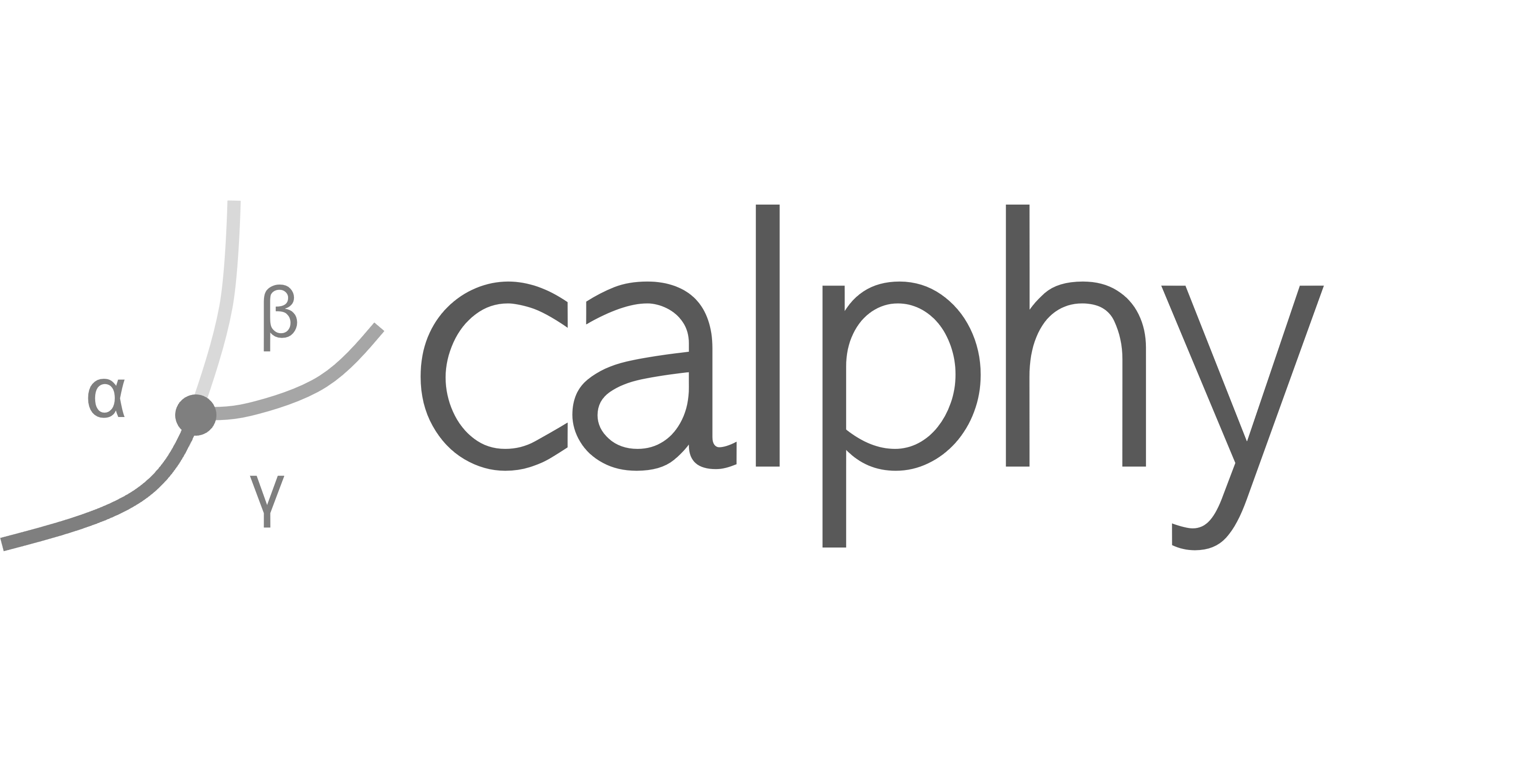#
Software
|
pyscal pyscal is a python module for the calculation of local atomic structural environments including Steinhardt’s bond orientational order parameters during post-processing of atomistic simulation data. The core functionality of pyscal is written in C++ with python wrappers using pybind11 which allows for fast calculations with possibilities for easy expansion in python. Repository | Docs | Publication | Zenodo |

|
|
pyscal3 pyscal3 is a more robust, and even faster implementation of the original pyscal code. It is step towards pyscal being a code not just for local structural environment, but for complete atomic structure manipulation. pyscal3 is memory efficient and can handle tens of thousands of atoms. It is currently under development. Repository | Docs |

|
|
pyscal-rdf pyscal_rdf is a python tool for ontology-based creation, manipulation, and quering of structures. pyscal_rdf is powered by the Computational Material Sample Ontology (CMSO) and pyscal3. The package is currently under activate development and could be unstable. Repository | Docs | Ontology | Zenodo |

|
|
calphy calphy is a Python library and command line interface for free energy calculations. calphy provides fully automated routines for calculation of free energy using interatomic potentials; which in turn can be used to calculate complex thermodynamic properties such as melting temperature, specific heat and phase diagrams. Repository | Docs | Publication |

|
|
pylammpsmpi pylammpsmpi is a python module which enables using the atomistic simulation code LAMMPS from jupyter notebooks in a parallel environment. pylammpsmpi can also be deployed on queueing systems. Repository | Docs | Zenodo |
|
|
pace PACE is the perfomant C++ implementation of the Atomic Cluster Expansion method suitable for large scale atomic simulations using LAMMPS. Repository | Publication |
|